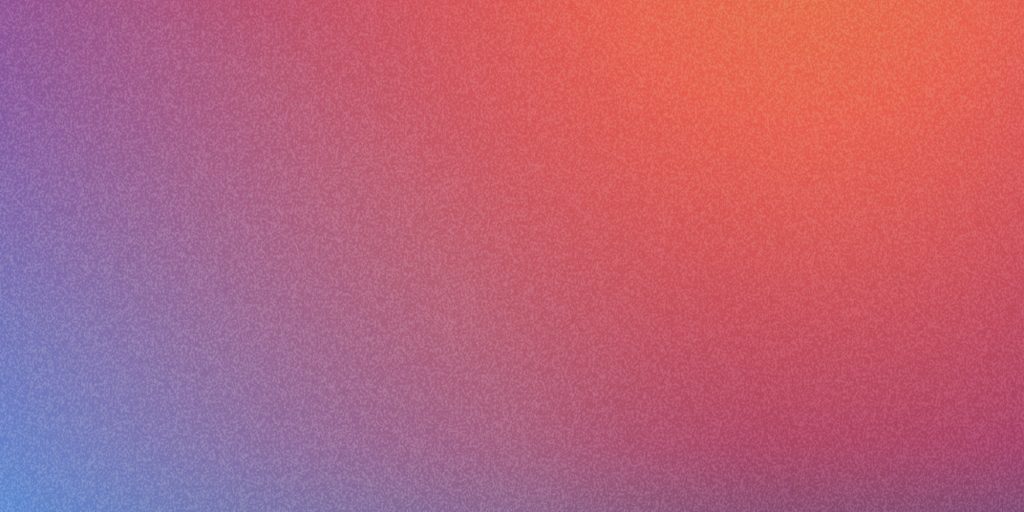Bringing together art, technology and science, STARTS4Water aims to tackle one of the most pressing challenges of our times: water management.
Water is Life. All living things need water to survive. Not only does the human body consist of 60 percent water, the resource is also essential for producing food, clothing, computers, moving our waste stream, and keeping us and the environment healthy. And yet, we do not have a sustainable approach towards this commodity.
STARTS4Water supported artists, researchers, technology experts and other stakeholders in finding a common ground and language to respond to regional water – related challenges. Focusing on clean water as a basic right for all humans and on the conservation of life in our oceans, seas and marine life, STARTS4Water builds on the United Nation’s Sustainable Development Goals (SDGs) 2030 and especially on SDG 6 ‘Clean Water and Sanitation’ and SDG 14 ‘Life Below Water’.
At the vital nexus between the local and the global and at the crossroads between art, industry and technology, 10 STARTS4Water residencies critically engaged with the environmental issues, transform how we manage our shared global environment and create new narratives and strategies to understand, value and manage water in a more inclusive, integrated and sustainable way. Different events (conferences, network events, acceleration events, expert meetings, workshops, labs, summer schools, talks, presentations, exhibitions etc.) also contributed towards a sharing of knowledge about the local and regional water challenges in Belgium, The Netherlands, Greece, Croatia and Italy between the communities and the industry, leading to a more complete picture of the needs and challenges and to better decisions both on the side of water utility as on the side of the user and citizen towards sustainable water management.
STARTS4Water launched a call for 10 artistic residencies in July 2021. While having water as their common denominator, the challenges were rooted on local and regional realities. Most importantly, for the STARTS4Water Consortium, a sustainable water management relies on the change of behavior of individuals. Therefore, through a series of STARTS Academy workshops, intersectorial and transversal networking activities, field expeditions and discussions engaging local communities, STARTS4Water engaged with wider communities and proposed new narratives to inform and communicate on a common challenge.
Duration: April 2021 – December 2022
Consortium: LUCA School of Arts in collaboration with Gluon (BE), Thyssen-Bornemisza Art Contemporary – TB21 (AT), Universal Research Institute (HR), V2_Lab for the Unstable Media (NL), Ohi Pezoume/ UrbanDig Project (GR) and Cittadellarte – Fondazione Pistoletto (IT) and STARTS partner BOZAR (BE).
Management Contact Person: Valery de Smedt ✉![]()
![]()
![]()
![]()
Partners
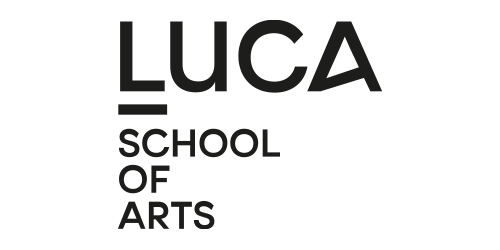
LUCA School of Arts is the only university college in Flandres exclusively dedicated to art and design, making it unique the region. The art school combines the strengths and expertise of fie renowned Flemish higher education institutions for art and design, spread across Brussels, Genk, Ghent and Leuven.
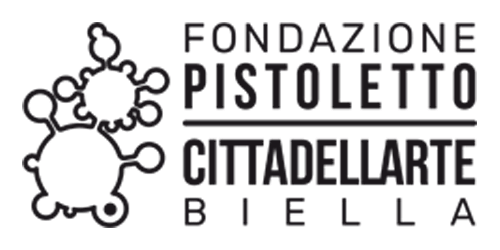
Cittadellarte-Fondazione Pistoletto Onlus is an innovative model of artistic cultural institution which places art in direct interaction with all the different sectors of society for a real change of it.Cittadellarte is a foundation of contemporary art, a school, a think tank, a network of community projects, known throughout the world through the symbol “Third Paradise”.Cittadellarte has worked and teamed up with science and technology organizations, with a specific expertise in sustainability in the textile and garments value chain, transportation, architecture, food and agriculture.
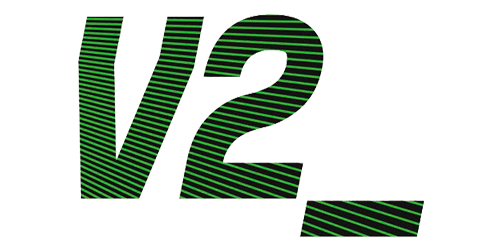
V2_, Lab for the Unstable Media is an interdisciplinary center for art and media technology in Rotterdam (the Netherlands). V2_ presents, produces, archives and publishes research at the interface of art, technology and society. Founded in 1981, V2_ offers a platform for artists, designers, scientists, researchers, theorists, and developers of software and hardware from various disciplines to discuss their work and share their findings. In V2_’s view, art and design play an essential role in the social embedding of technological developments. V2_ creates a context in which issues regarding the social impact of technology are explored through critical dialogue, artistic reflection and practice-oriented research.
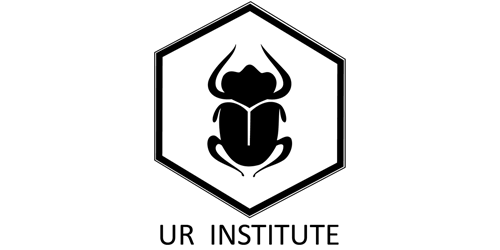
UR Institute is a non-profit NGO think tank for independent interdisciplinary applied scientific research, production of related projects and advocacy of use of STEAM in sustainable development. UR Institute operations are project and program based, and non-profit oriented. The institute affiliates a highly diverse interdisciplinary group of personnel and associates with backgrounds in various fields of science, technology, engineering, culture, art, economy and related affairs thus incubating a collective for transdisciplinary work. Main areas of research are contemporary fields of life & technical sciences. UR Institute relies on active engagement, interaction and collaboration with citizens in the goal of participative research and “design with the users” development of socially useful innovations which can benefit mankind. UR Institute supports & promotes; Do-It-Yourself (DIY) and Do-It-With-Others (DIWO) culture, freedom of knowledge & learning, and culture of science. UR Institute infrastructure is composed of facilities in Zagreb and Dubrovnik, Croatia
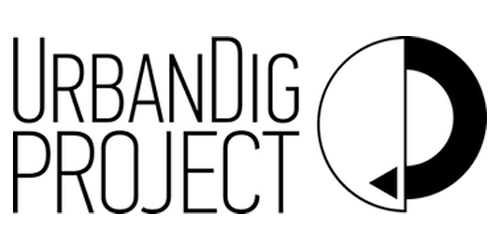
Ohi Pezoume/ UrbanDig Project is an a non-for-profit artistic and community organisation based in Athens, Greece since 2004. Ohi Pezoume has developed UrbanDig Project, an artistic/research/community platform which acts within the intersection of qualitative research, artistic interventions and community actions. During each UrbanDig project, community engagement and participatory mapping practices serve as foundation for building site-specific performances in public space. UrbanDig Project employs art and intangible cultural heritage as a common language that becomes a tool for the community to co-create urban space.
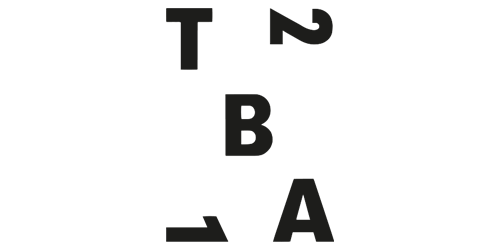
TBA21–Academy is a contemporary art organization and cultural ecosystem fostering a deeper relationship to the Ocean through the lens of art to inspire care and action. For a decade, we have been an incubator for collaborative research, artistic production, and new forms of understanding by combining art, science, and other knowledge systems, intertwining imagination and possibility in regenerative relationships, resulting in exhibitions, research, and policy interventions. In 2019, the Academy has launched two initiatives to share its research and practice with the wider public: the physical venue Ocean Space in Venice, and the digital platform Ocean Archive. In 2020, the Academy introduced a new funded research opportunity, the Ocean Fellowship Program, and Ocean / Uni, a curriculum providing students, researchers, and the public with wide-ranging and accessible explorations of the changes taking place throughout the oceans at a high level of expertise.
STARTS artists-in-residence
Anna Ridler-
Water Capitalism
hosted by LUCA School of Arts and GLUON
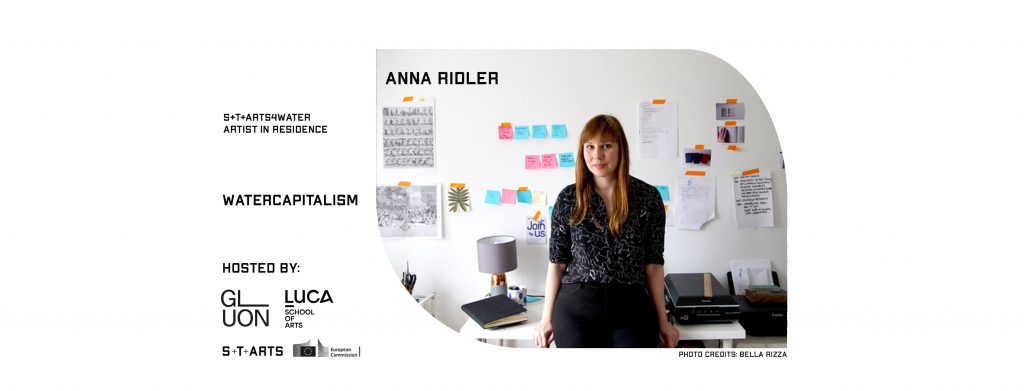
The purpose of this residency is to design and restore the deep interconnections between human needs, economic well-being, the historical meaning-making across generations and the viability of water ecosystems.
Part of this project has been the construction of a dataset of the activity along the canal that runs from Ghent through to the North Sea, showing the activity that occurs on this waterway.
Haseeb Ahmed-
Pharmaceutical Pollution
hosted by LUCA School of Arts and GLUON
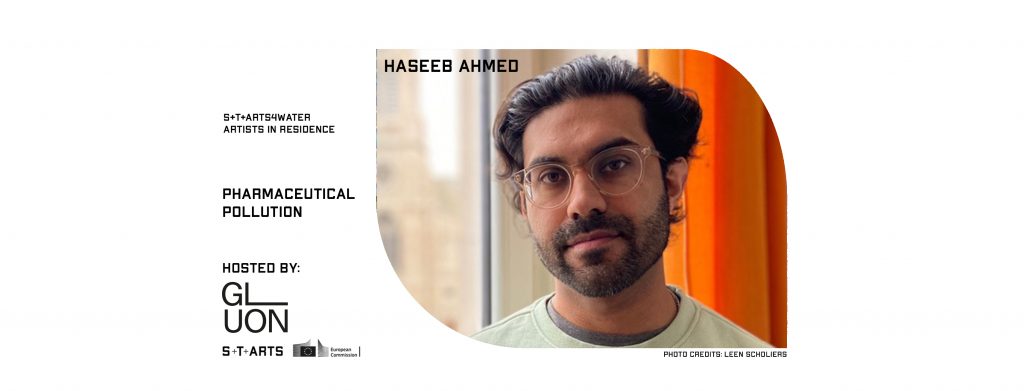
This residency imagines a reverse of the current system of pharmaceutical pollution and develop an approach that does not prioritize human health over the health of the aquatic ecosystem.
The artwork produced helps us to grasp this complexity by
bridging the scales of the body and the extensive waterways of Flanders and to consider the vitality and degradation of ecologies and individuals
alike.
Robertina Šebjanič & Marjan Žitnik- Zero Pollution Adriatic
hosted by UR Institute
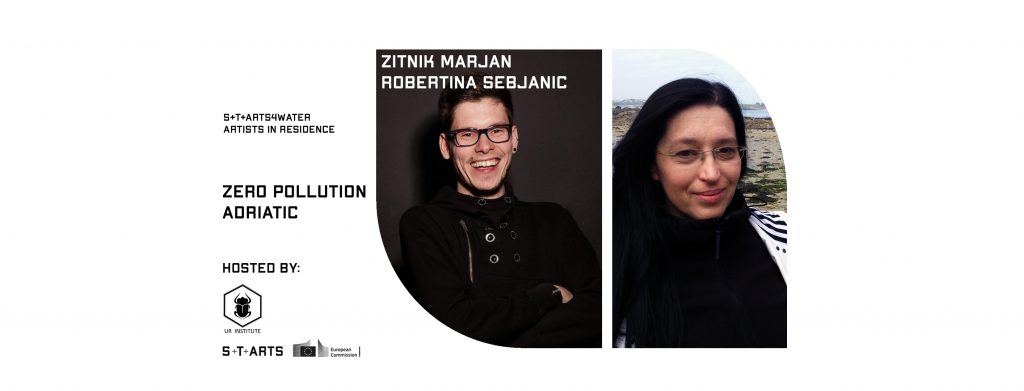
This residency seeks to develop innovative tools and ideas for dealing with water pollution and the tourism & hospitality industry’s footprint.
The artwork Echinoidea future – Adriatic sensing addresses the current biogeological and morphological conditions in the sea urchin environment, which is aquaformed by anthropogenic liquid waste, resulting in low oxygen levels in the seawater.
Mark Ijzerman- Biodiversity in the Port of Rotterdam
hosted by V2_Lab for theUnstable Media
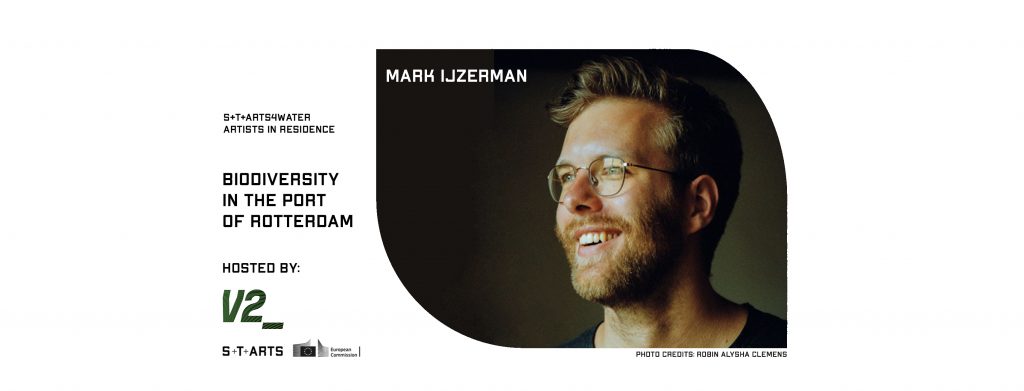
This residency focuses on cultivating sustainable interaction between a man made port and the marine life within it.
With the Australian tubeworm as a starting point, the artist-in-residency explored the entanglement of biodiversity, the history and future of the port area and social constructs about the port.
The Center for Genomic Gastronomy- Drought in Waterland
hosted by V2_Lab for theUnstable Media
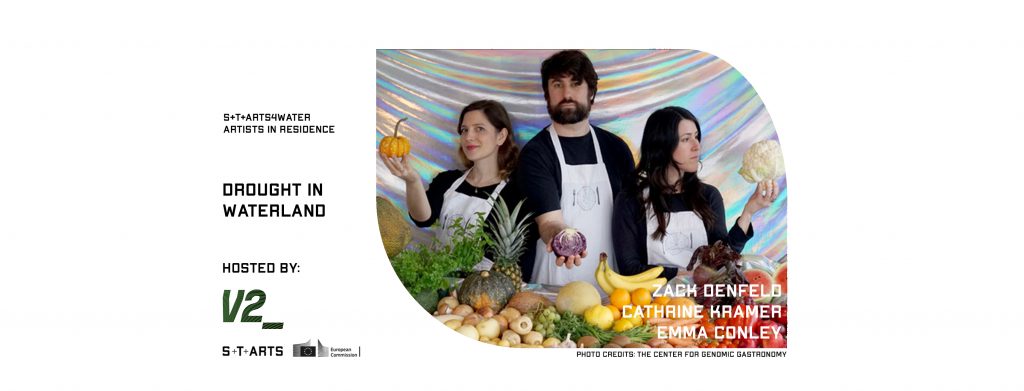
The purpose of this residency is to develop resilient strategies
for rainwater retention and groundwater use in order to achieve a better balance between
human activities and the natural environment in this area.
Food Forest Fantasies is an ongoing project that assembles, displays and activates artistic research about food forests in order to stretch our imagination about time, place, technology
and taste beyond human scales.
Cisterns Know- DECA Architecture
hosted by Ohi Pezoume/ UrbanDigProject
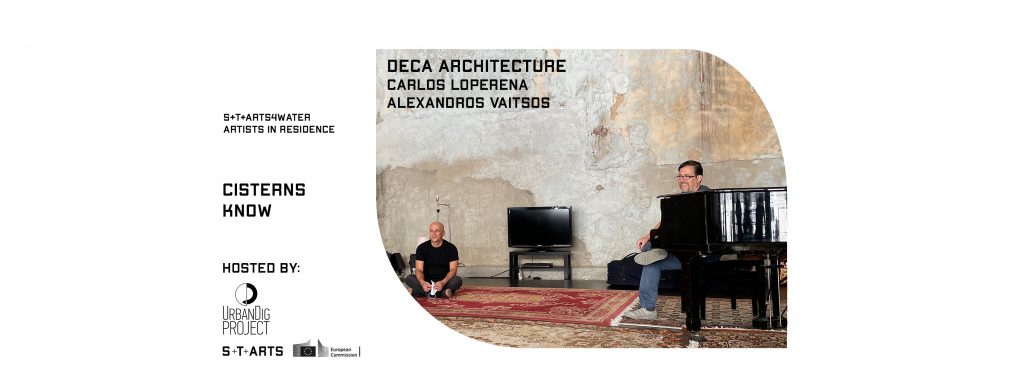
The residency reviews the need for community ownership of the vision sustainable water management, especially in areas with scarce water resources towards systems inspired by water as a commons.
Water on the Cycladic islands is one of the most mismanaged resources in these dry island landscapes. ‘Learning from Poulati’ is an installation in two parts situated in the central square of Apollonia in Sifnos.
Joshua G. Stein- Rebuilding Relationships with Fluvial Systems : Exploring people’s relationships with rivers and streams
hosted by Cittadelarte- Fondazione Pistoletto
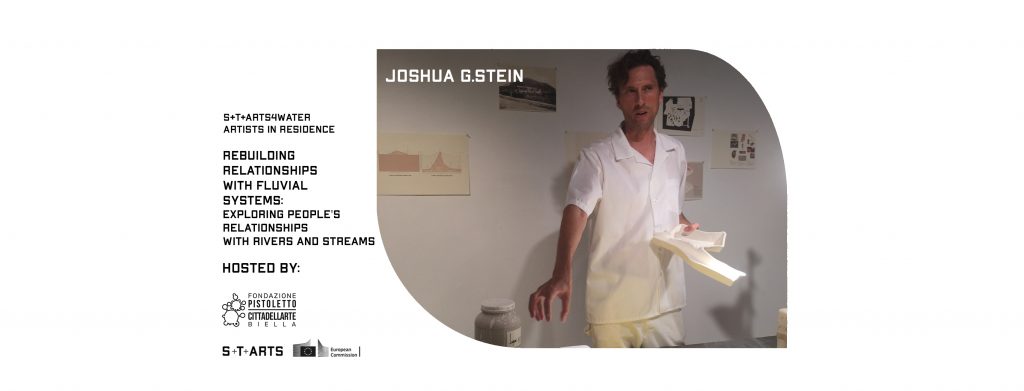
In this residency, artists were invited to approach rivers as ecosystems marked by precarious balance between resources and consumption.
The Dissolution | Reconstitution: Sediment as Cultural Heritage project reimagines Italy’s western Po Valley as a territory whose hydrology is both directed by and composed of anthropogenic activities—saturated with the
positive and negative aspects of human culture and development.
Theresa Schubert- Rebuilding Relationships with Fluvial Systems as indicators of climate change and its impact
hosted by Cittadelarte- Fondazione Pistoletto

Artists were invited to develop a project using digital technology to reflect on how we can anticipate and adapt to the new conditions brought about by extreme events and the resource depletion caused by climate change.
Glacier trilogy (in progress) explores glaciers as the starting points of fluvial systems. Glaciers are extremely important not only for their role in water storage, but also as a ‘memory’ of the Earth’s past and as indicators of climate change.
Sonia Levy, Heather Ann Swanson, Meredith Rooth- Bernstein, Alexandra Arènes- The Future of High Waters: nature-based solutions for the Venetian Lagoon
hosted by TBA21
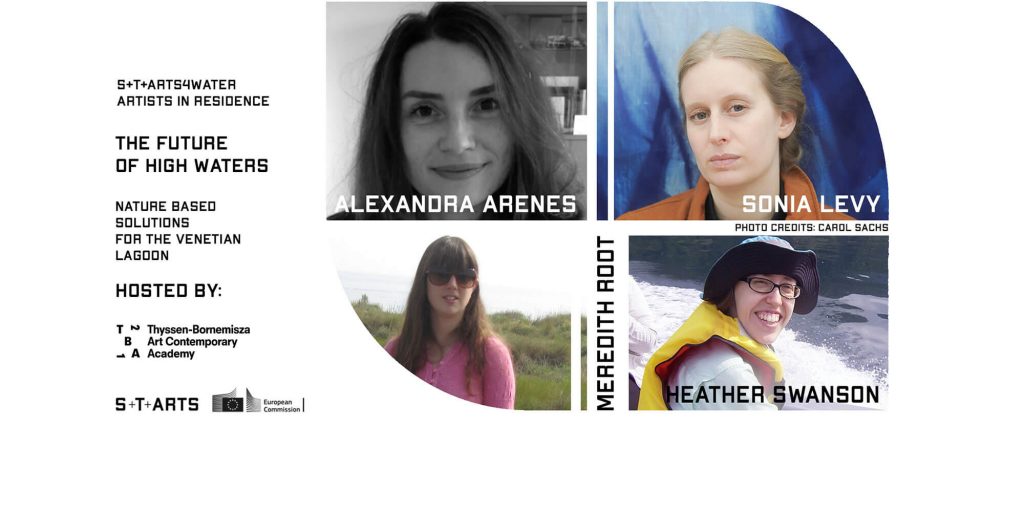
Supported by artistic, scientific and technological inquiry into nature-based solution, this residency investigates how technology can he harnessed as a collaborator rather than proposed as a solution.
The project explores Venice from below, to imagine new ways of thinking and doing futures and relationships with the wetlands that surround the city departing from Venice’s grand historical narratives.
Leonor Serrano Rivas & Diego Delas- The Future of High Waters: geo-engineering solutions for the Venetian Lagoon
hosted by TBA21
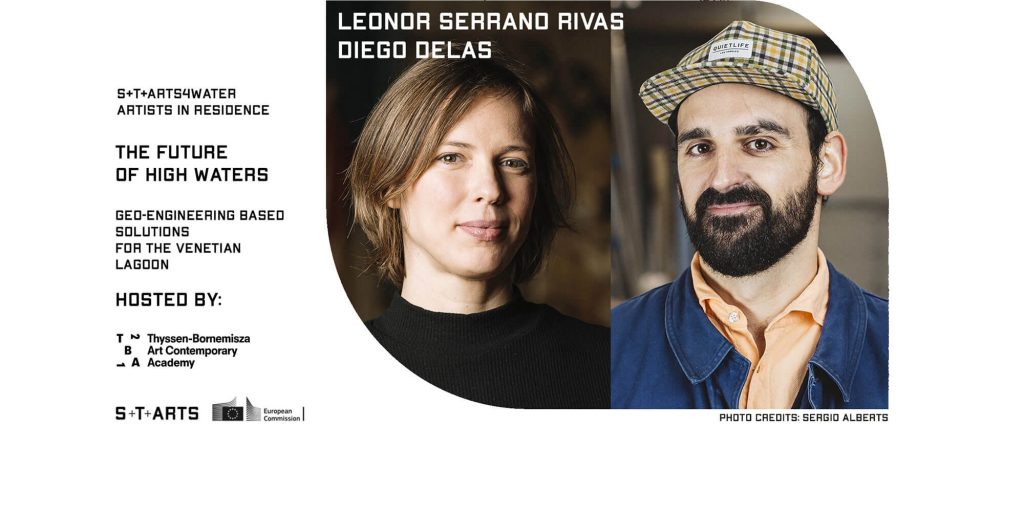
The residency explored the potential of geo-engineering in fostering a deeper understanding of the Venetian lagoon.
Breathings of the moon functions as both a performance and an expedition into the underwater worlds of the Venice Lagoon and its canals. Rooted in the idea of a magic trick, it follows the logic of pre-scientific amusement artifacts that conjured fresh eyes with which to look at the world and its different scales.
